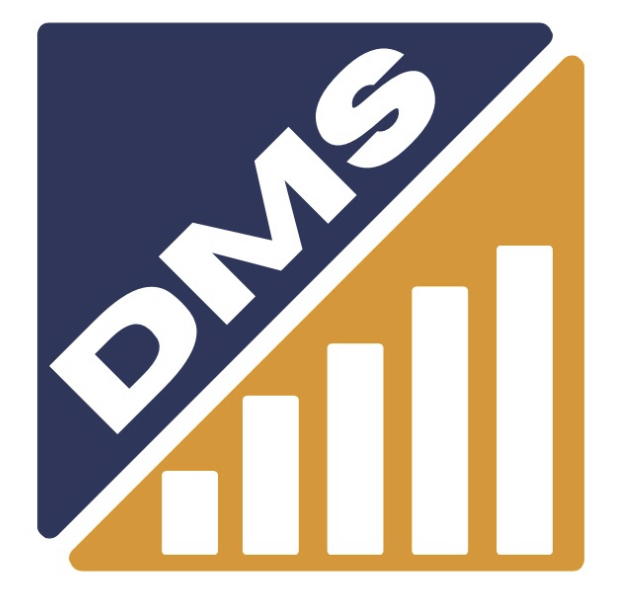The Role of Social Media in Modern Marketing: Leveraging Platforms for Brand Growth
In today's digital age, social media has become an indispensable tool for marketers looking to connect with audiences, build brand awareness, and drive business growth. With billions of active users across various platforms, social media offers unparalleled opportunities to engage with consumers on a personal level and influence their purchasing decisions. In this post, we'll explore the significant role of social media in modern marketing and provide insights into how businesses can effectively leverage these platforms to achieve their marketing goals.
The Power of Social Media Engagement
One of the most compelling aspects of social media marketing is its ability to facilitate direct interaction between brands and consumers. Unlike traditional forms of advertising, social media allows businesses to engage with their audience in real-time, respond to inquiries, address concerns, and foster meaningful relationships. By actively participating in conversations and providing valuable content, brands can establish themselves as trusted authorities in their respective industries and build a loyal following of engaged customers.
Expanding Reach and Driving Brand Awareness
With the vast reach of platforms like Facebook, Instagram, Twitter, and LinkedIn, social media enables businesses to amplify their message and extend their reach to a global audience. Through targeted advertising and strategic content distribution, brands can effectively increase brand visibility, attract new followers, and generate interest in their products or services. By leveraging the power of social sharing, businesses can also tap into the networks of their followers, allowing their message to spread organically and reach new potential customers.
Harnessing the Influence of User-Generated Content
User-generated content (UGC) has become a valuable asset for brands looking to showcase authentic customer experiences and foster community engagement. Social media platforms provide the perfect environment for users to share their thoughts, experiences, and opinions about products and services. By encouraging and incentivizing the creation of UGC, businesses can leverage the power of peer recommendations and social proof to influence purchasing decisions and build trust with potential customers.
Driving Sales and Conversions
Beyond brand awareness and engagement, social media also plays a crucial role in driving sales and conversions for businesses. With the introduction of shoppable posts, advanced targeting options, and integrated e-commerce features, platforms like Instagram and Facebook have transformed into powerful sales channels for brands. By strategically showcasing products, offering exclusive promotions, and streamlining the purchase process, businesses can capitalize on the purchasing intent of social media users and drive meaningful revenue growth.
Measuring Success and Optimizing Campaigns
One of the key advantages of social media marketing is the ability to track and measure the performance of campaigns in real-time. Through comprehensive analytics tools provided by social media platforms, businesses can gain valuable insights into audience demographics, engagement metrics, conversion rates, and more. By regularly monitoring performance metrics and analyzing campaign data, businesses can identify areas for improvement, optimize their marketing strategies, and achieve better results over time.
Conclusion
In conclusion, social media has emerged as a powerful force in modern marketing, offering businesses unparalleled opportunities to connect with audiences, expand their reach, and drive business growth. By leveraging the unique features and capabilities of social media platforms, businesses can effectively engage with consumers, build brand awareness, drive sales, and ultimately, achieve their marketing objectives. As social media continues to evolve and innovate, it's essential for businesses to stay informed about emerging trends and best practices to maintain a competitive edge in today's digital landscape.


